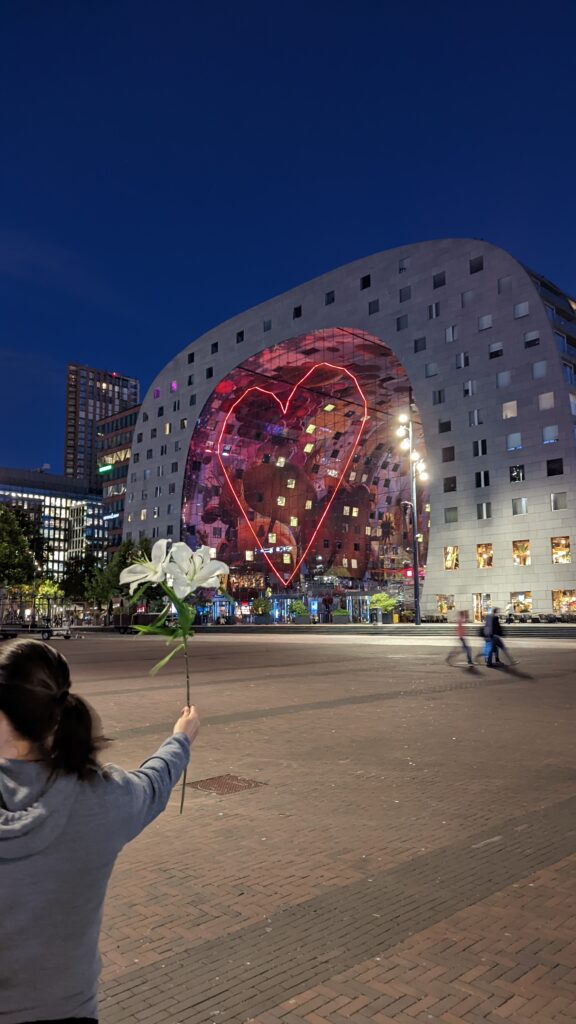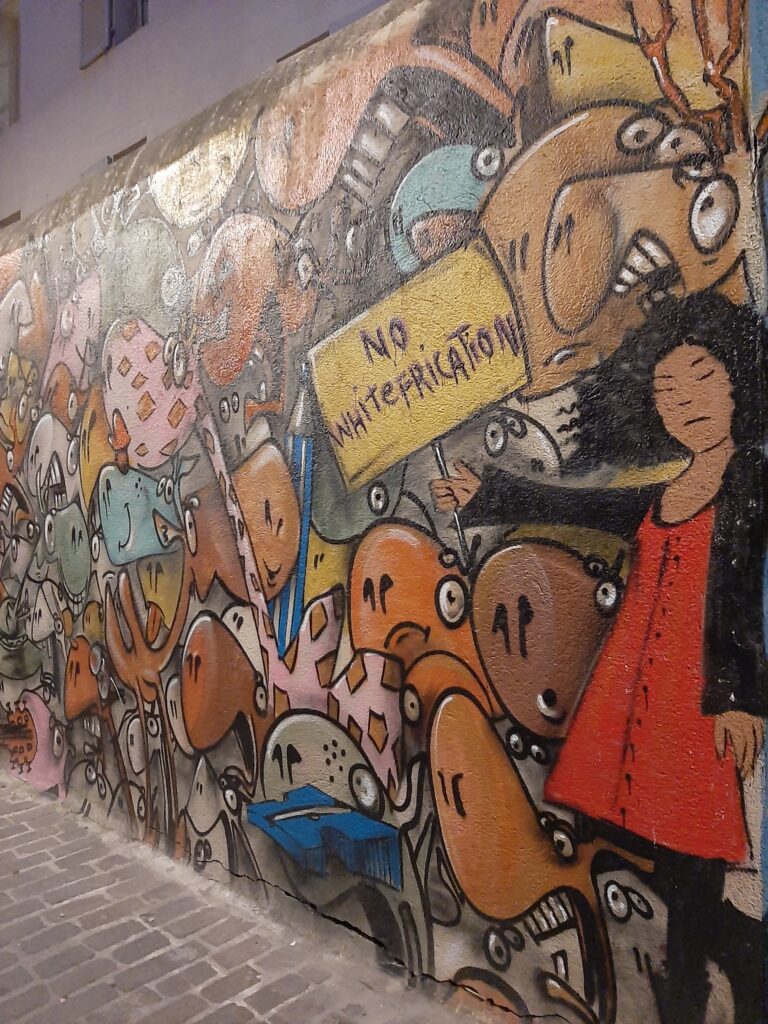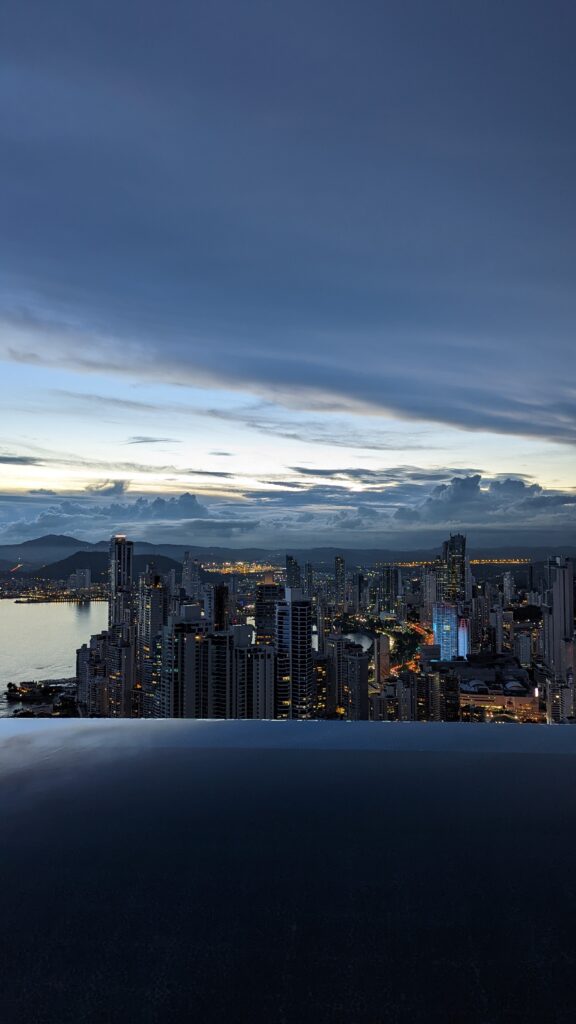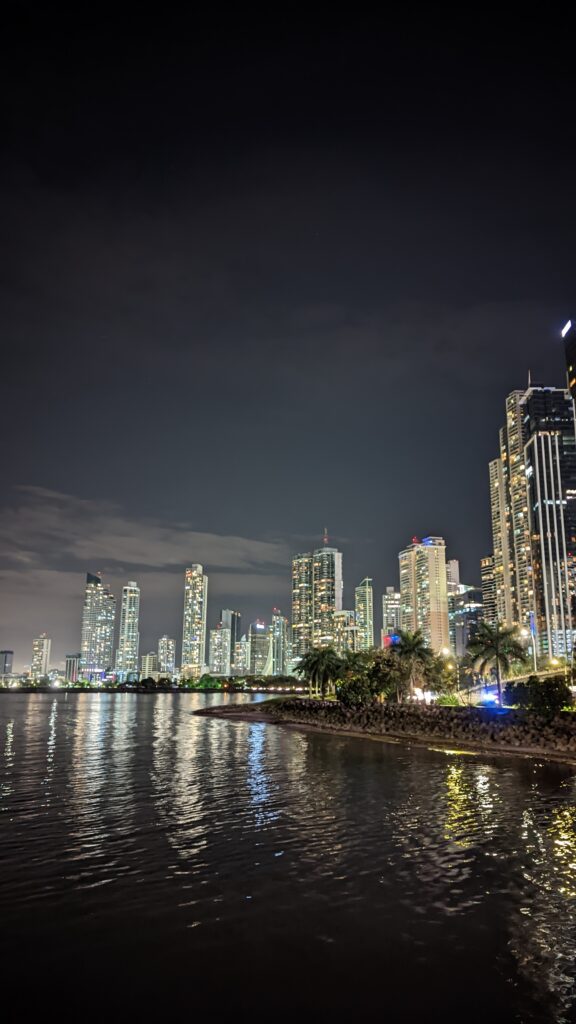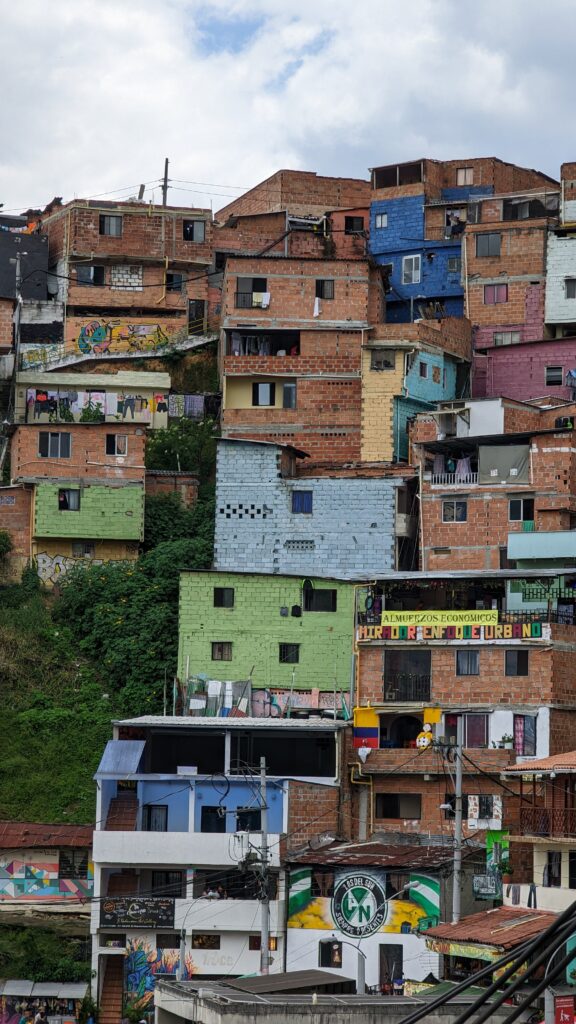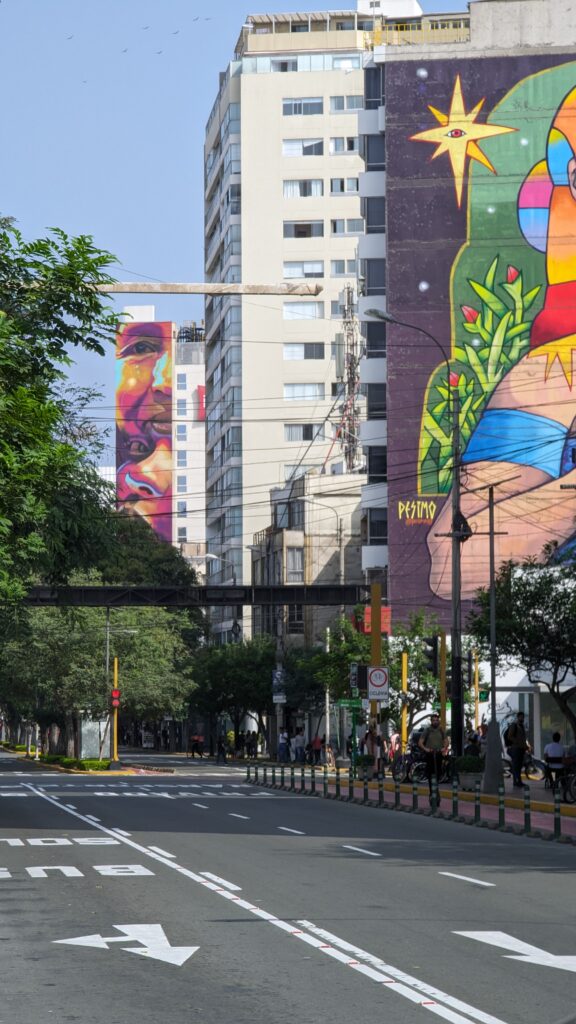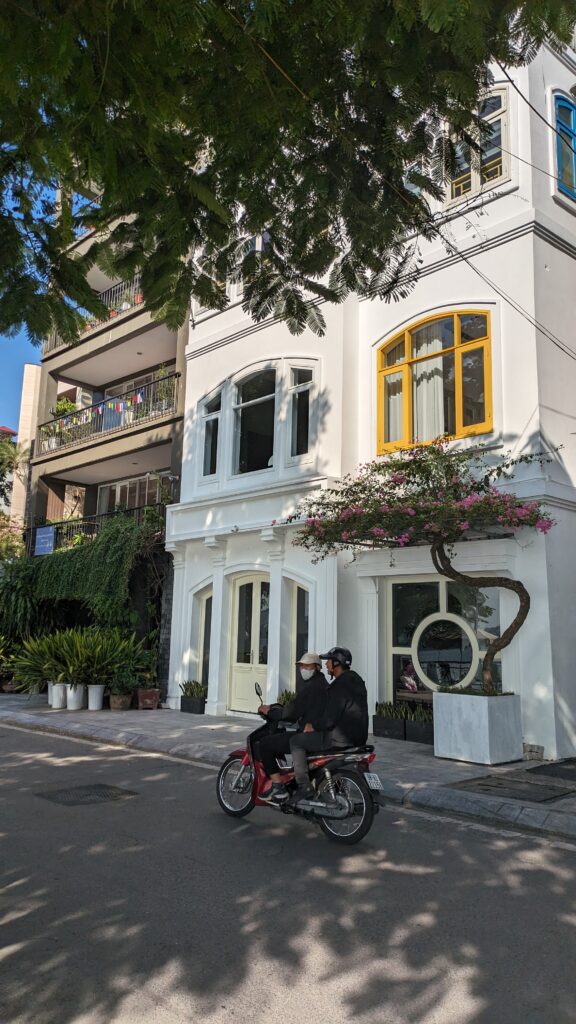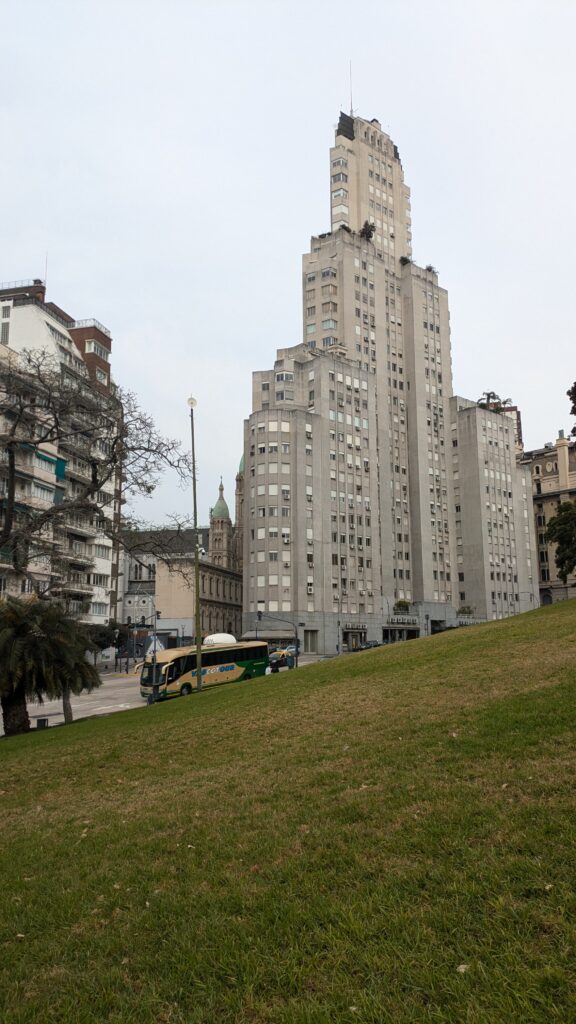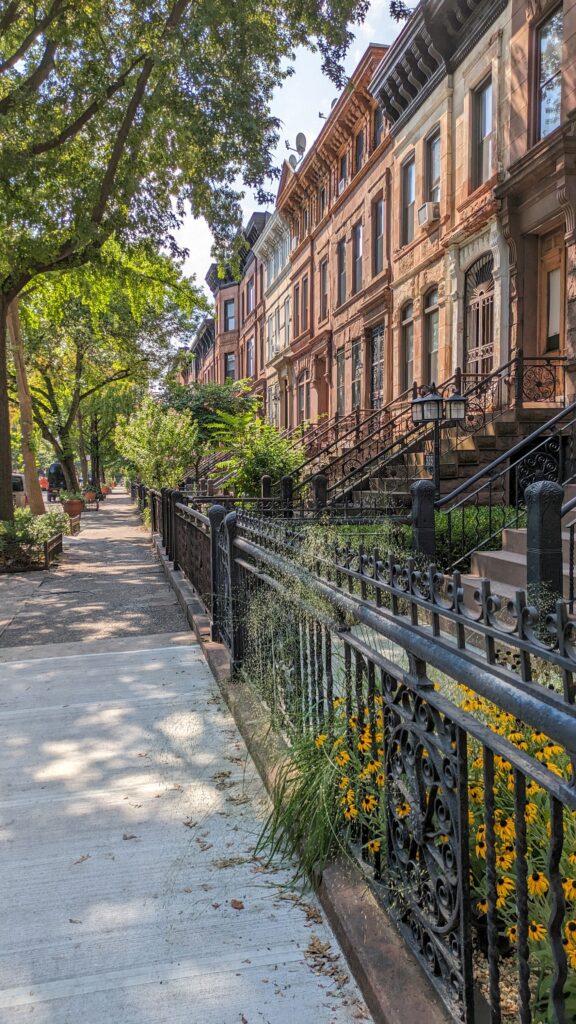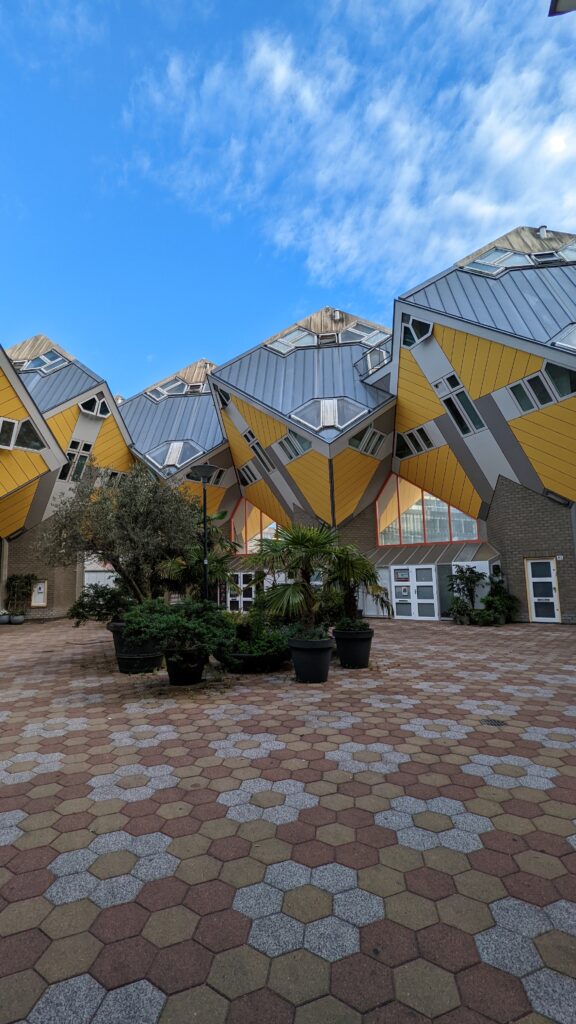I remember driving with my parents in the car along the coast of Croatia (at that time part of former Yugoslavia), then stopping when they saw signs like “apartment for rent”. Those were the times before the internet, when you couldn’t book an apartment online. The families there earned a welcome extra income during the summer months, long before any online platform existed. Airbnb started out in a similar way and is still helpful for people to earn an extra income. In Lisbon, for example, which is known to be one of the gentrification hotspots, a lady let us stay in her apartment for a month, while she lived with her partner or mother and that money was going towards visiting her son, who lives with his partner in Australia.
The apartment where we stayed in Lima for a month popped up as a “for sale” ad on my Instagram, and I think the asking price was 350,000 USD. The Peruvian owner had two more apartments in Western capitals. The owner of the house where we stayed in Bogota moved to Miami during the Escobar times, when things got very dangerous in Colombia. These apartments in Lima and Bogota were never affordable for the large majority of Peruvians or Colombians and were as such never available on the average income housing market.
The brown stone basement we lived in Carroll Gardens in Brooklyn was owned by a guy from San Francisco; obviously he had to be a (multi-)millionaire to own that brown stone. Carroll Gardens used to be an Irish neighborhood before Italian immigrants started arriving at the end of the 19th century. Wealthy Latinos are pricing out African American locals in Miami. Gentrification is real and has always existed.
In New York, people started to buy apartments and houses to convert them into Airbnbs as a business model, thereby literally taking apartments off the housing market, which is already one of the most expensive in the world. In order to stop this trend, the city government introduced legislation to have a minimum stay of one month for independent units. You can still rent out one of your rooms in your apartment for shorter periods on Airbnb. Which goes back to what I think was the initial idea of Airbnb, you have a spare space which you rent out for a limited time and therefore generate a bit of helpful extra income.
When I lived in London in the late 90s, I had a room in a shared house in Upton Park/East London together with a French-Irish guy and one guy from Ghana. That was not too long after Austria joined the EU, so I was able to live and work in the UK. Any true metropolis thrives off the fact that it’s a melting pot of cultures and people, and that enriches the city and makes it interesting. People were always moving to different places and bringing with them their ideas and therefore made open-minded people realize there are different ways to think or look at something.
Apartments or rooms were always also available to people from outside the city or country and should be. The city governments have to make sure though in these digital times that locals are not pushed out of their neighborhoods, either directly or through ripple effects. There can be many different solutions to this, like in the case of New York City by limiting the independent units to a minimum stay of 30 days and therefore making them uninteresting to tourists, or by limiting the time a room or apartment can be offered on Airbnb to 90 days per year–like in Vienna–or 30 days in Amsterdam and or by zoning laws.
In the end, short-term rentals have to be regulated according to the local situation, and oftentimes that will not be enough to make housing affordable, but the city will actually need to also invest in some form of public housing to take off the stress from the housing market.
